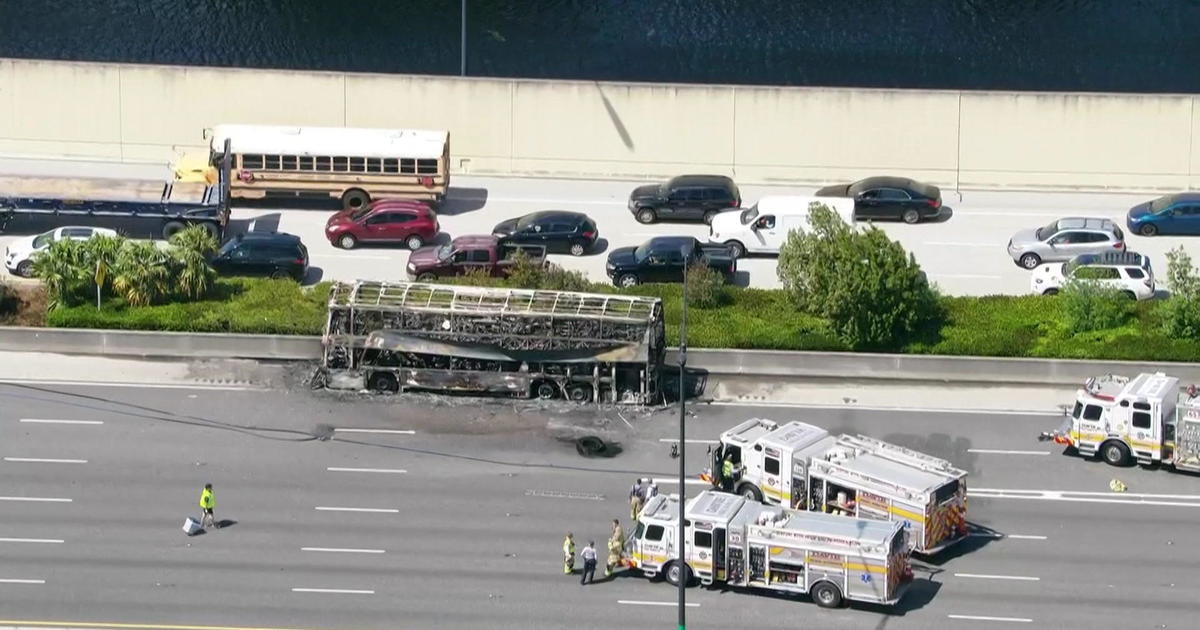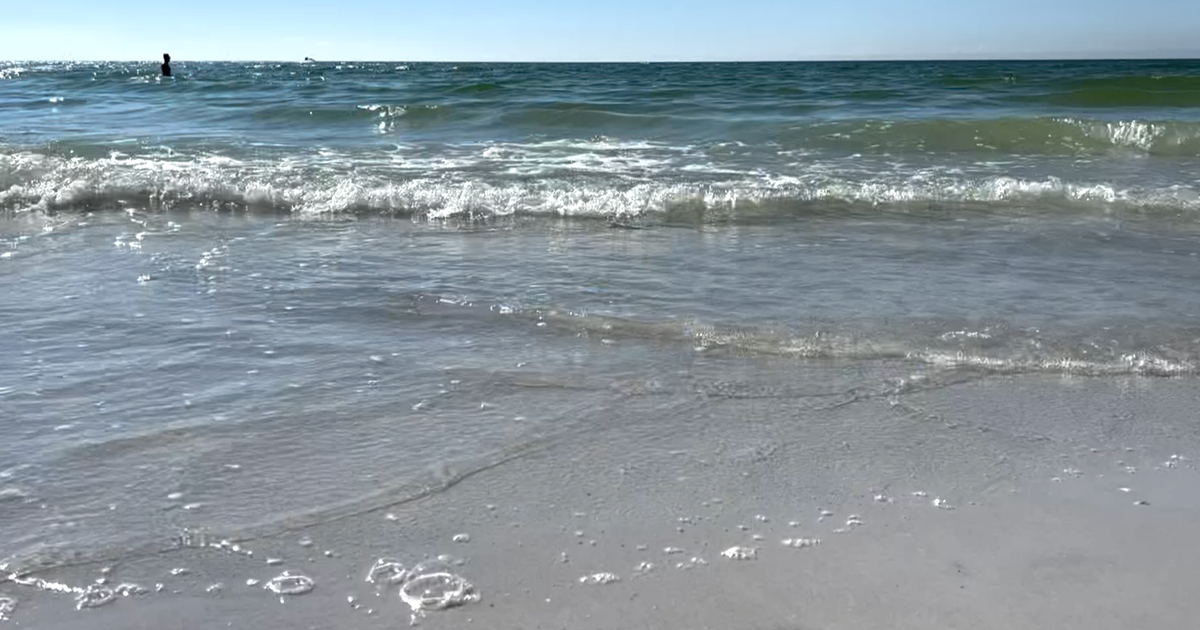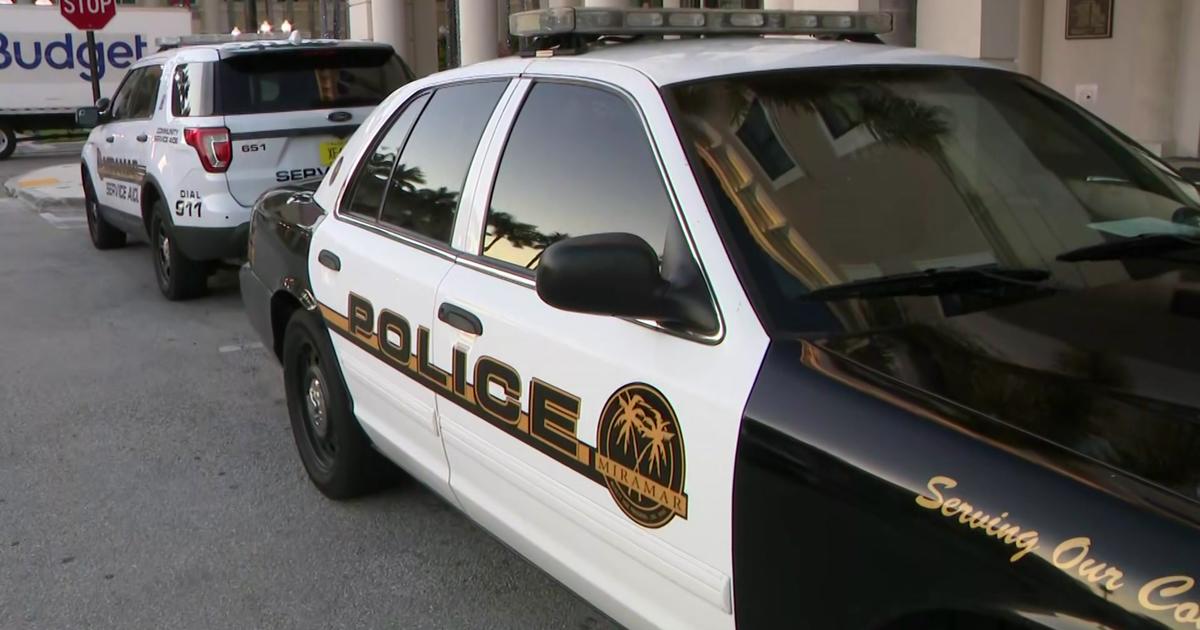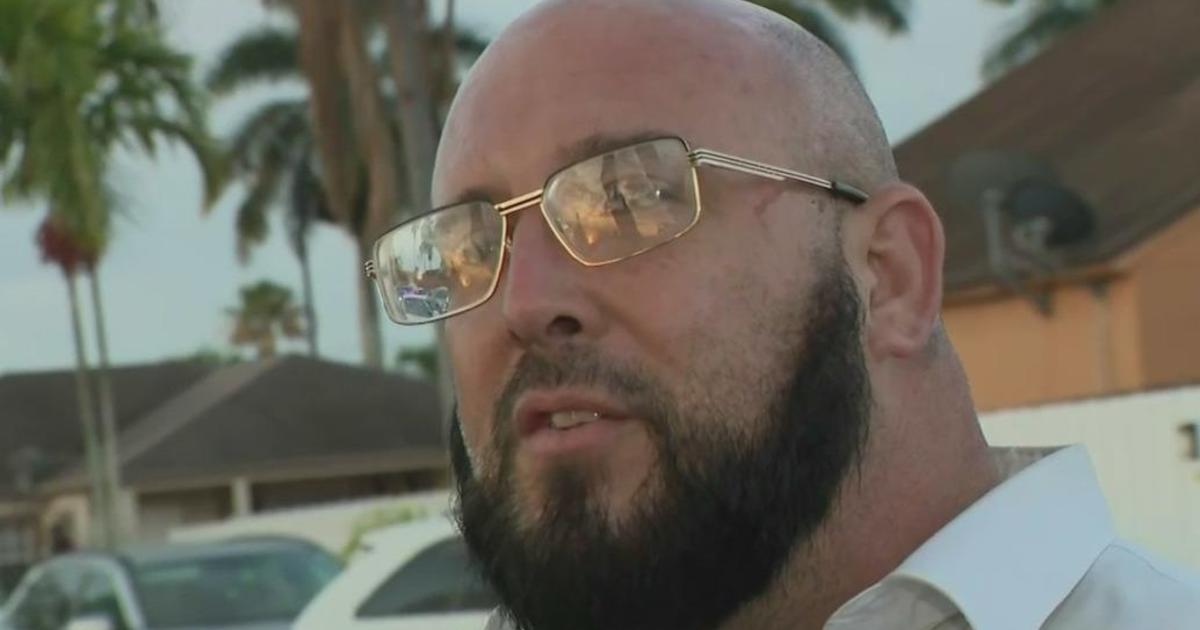I-Team: Failure to Communicate
ST. AUGUSTINE, Fla. (CBS4) - A huge inferno that engulfed a BP gas station outside St. Augustine is not where you'd expect emergency responders to completely lose the ability to communicate, but that's what happened and it's a problem that reaches to South Florida.
During the St. Augustine BP fire in August, there were repeated calls from responders asking other emergency workers for a response.
"St. Johns come in..." was repeated countless times for several minutes, but the only response was silence. No one could reach St. Johns firefighters in the field.
St. John's County Interim Fire Chief Carl Shank told CBS4 I-Team Investigative Reporter Stephen Stock, "It was a very chaotic situation. It was such a huge event. There was lots of fire, lots of smoke,"
Shank is worried that next time some of his firefighters might die because they can't communicate.
"We realized that this was not going to go well as far as the communications go; so we had to overcome that," Shank said.
To overcome that, firefighters had to use runners and revert to using hand signals to talk to each other; all because they couldn't talk to each other on the radio.
Shank told the I-Team how that worked.
"(We're) basically doing a signal time to charge the hydrant," Shank said.
Then there was this. Only four months ago, hospital officials in Joplin, Missouri were left stranded and unable to call for help as a huge tornado bore down on them.
"We were totally deaf, dumb, and blind. We couldn't reach the police. We couldn't reach EMS," said Dr. Jim Riscoe, an emergency room doctor on duty that day.
Then there was the earthquake that hit Virginia and Washington, D.C., in August. After emergency responders couldn't communicate, several Senators demanded to know why.
One of them was Florida's senior US Senator, Bill Nelson (D). "It's ridiculous!!"
Nelson pointed out that communication problems cost hundreds of lives during the terrorist attacks on New York.
In fact, the 9-11 Commission emphasized the critical need to create a nationwide network and system where all fire, rescue and police personnel can talk to each other during a national emergency... a term called "Interoperability."
Nelson told the I-Team, "It's inexcusable that that would happen in this day and age with the technology that we have and with the capability that we have to talk to each other."
A four-month CBS4 I-Team investigation shows that isn't close to happening.
While the Department of Homeland Security said 60 municipal areas can establish communications within an hour, other places lag way behind.
Click Here To Read DHS Statement on Interoperability Progress
The most damaging evidence can be found buried in a 170 page report.
Click Here To Read the DHS Interoperability Scorecard
It found only 21 percent of the country has true, across-the-board, seamless communications capability.
"We've got a long way to go I think," said Nick Simonici. He is Florida's Statewide Interoperability coordinator based in Tallahassee. "Technology is there," Simonici explained. "I think it boils down to funding. Everything boils down to money. It's expensive. Radios aren't cheap. And the Federal Government has put in quite a bit of money... and it's just... it's expensive."
The I-Team research showed that South Florida is actually among the better performing areas in the country.
"We've moved mountains to get here," said Cindy Cast, the co-chair of the regional interoperable group in South Florida.
"We were able to provide a system that provided the opportunity for 34 cities within the Miami-Dade County area to communicate on it everyday," Cast said.
But even here there's mixed news.
Six municipalities still don't use that system and Homeland security's own report showed that during another huge event such as Hurricane Andrew, in certain places in Miami-Dade, outside agencies such as Broward or Monroe County couldn't talk to their colleagues.
"When you're on one radio system, you don't really have the capability of communicating with the others. Then you're sort of on different islands on your own," Cast concluded.
Broward County Sheriff Al Lamberti told the I-Team, "We need to set any differences aside."
Lamberti has long been an outspoken proponent of finding ways to fix this problem regionally.
Even so, the I-Team has learned that three communities, Parkland, Coral Springs, and Margate use systems that are NOT interoperable with the rest of Broward.
"From city to city in Broward County you don't have a standardization of equipment. So if the equipment is not the same, if it's not compatible...It really can't talk to one another," said Lamberti.
Click Here To Read the Broward County Consolidation Feasibility Study
Even though Congress has authorized at least three and a half billion dollars, since 9-11 to fix this problem, experts say they haven't gone far enough.
Click Here to Read DHS Report on Spending on Interoperability as of 9/9/2011
Just this spring, Senator Nelson and others introduced a bill to set aside a portion of radio frequency called the "D" block to set up a nationwide interoperable network.
But so far, that proposal has not passed either the US Senate or the House of Representatives.



